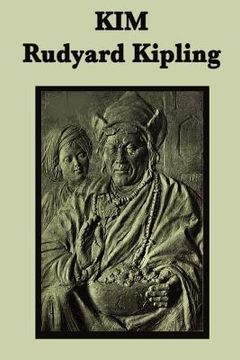
Kipling’s ideas were backed by political, racial, moral, and religious beliefs which held the British as a culture of superiority with a moral responsibility to the “uncivilized” world. In his view, the British presence in under-developed countries helped to relieve famine, provide medical assistance, abolish slavery, and construct the physical and the psychological groundwork for “civilization” (See Anglophilia, Cricket). Kipling saw the Empire as a way to maintain stability, order, and peace amongst the people he considered to be “heathens” (see Myths of the Native). Kipling would see the beginning of the imperial downfall after the World Wars, as nations would eventually acquire some degree of political autonomy and, eventually, independence, although Kipling would never see the complete end of the empire after the end of the Second World War.

The empire covered over a quarter of the world’s land surface, and included more than a quarter of the world’s population. British Imperialisms in Kipling’s LifeĪs Britain entered a high expansionist phase at the end of the nineteenth century, Kipling became the great imperial poet and propagandist. In January 1936, Kipling died, but not before the completion of his autobiography Something of Myself.

Kipling continued to write and became involved in the Imperial War Graves Commission. In 1915, his son John died in the battle of Loos, during World War I. In 1907, Kipling accepted the Nobel Prize for literature. Around this time Kipling was deemed the “Poet of Empire” and produced some his most memorable works, including Kim, Stalky & Co., and Just So Stories. Unfortunately their daughter, Josephine, died during a family visit to the U.S. The family moved to England in 1896 and settling in Rottingdean, Sussex the next year.

There he wrote Captains Courageous and The Jungle Books, and Carrie gave birth to their first two children, Josephine and Elsie.

In 1892, he married an American, Carrie Balestier, sister of his dear friend and sometimes partner, Wolcott Balestier, and settled with her in Vermont. Kipling returned again to England in 1889 where he gained fame and credibility with his publication of Barrack-Room Ballads. At sixteen Kipling returned to his parents in India and worked on the Civil and Military Gazette, also writing and publishing a number of poems and stories. Kipling lived happily in India until he was six, when his father sent him back to England to study. This famous writer was born Joseph Rudyard Kipling in Bombay on December 30th, 1865, after his mother Alice Macdonald, a methodist minister’s daughter, and his father John Lockwood Kipling, an artist, moved there so John could work as the director of an art school. – Kipling, “The White Man’s Burden” Biography Image by Soerfm/Public Domain


 0 kommentar(er)
0 kommentar(er)
